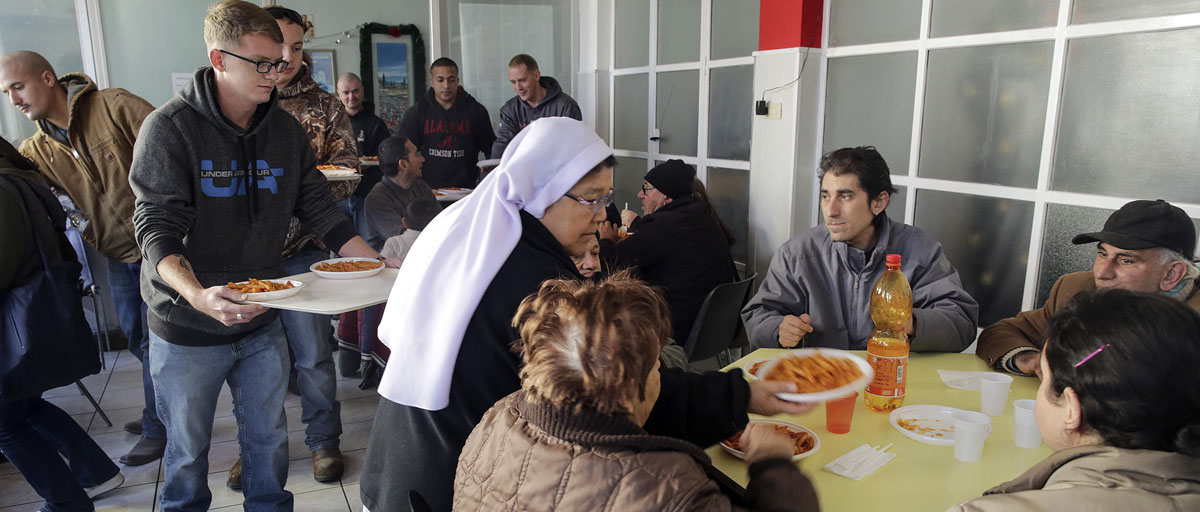Capturing change in European food assistance practices: a transformative social innovation perspective
Summary
The food system’s decreasing ability to deliver food security has led to the emergence of food assistance initiatives. Food assistance is highly contested; as some argue, it is a “failure of the state”, while others regard food assistance to be an “extension of the welfare state”. Either way, research suggests that actors within food assistance are rethinking their role in the food system.
In this paper, we study three food assistance initiatives, in the Netherlands, Italy and Ireland, that perform new food assistance practices while embedded in specific institutional contexts, and analyse their potential to transform the food system, drawing on Transformative Social Innovation theory. Building on transition and social innovation theory, this recently developed theory distinguishes different levels within systems, named “shades of change”, that are associated with societal transformation.
By exploring these “shades” of change in the analysis, we describe aspects of the initiatives’ novel practices, and in relation to the initiative and institutional relations their motivations and expectations. We compare the three cases and discuss how food assistance practices relate to and change (or do not change) the food system. In particular, we elaborate on how these three food assistance initiatives contribute in various ways to local food and welfare system innovation. In doing so, we offer a novel perspective on food assistance initiatives.
We argue that they show dynamics that have the potential for more substantial transformation towards food security over time, by building momentum through “small wins”.







